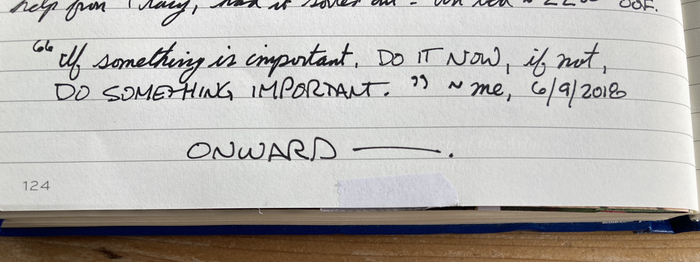Unlike cynicism, hopefulness is hard-earned, makes demands upon us, and can feel like the most indefensible and lonely place on earth. Hopefulness is not a neutral position—it is adversarial. It is the warrior emotion that can lay waste to cynicism.
~ Nick Cave
slip:4a1552.

